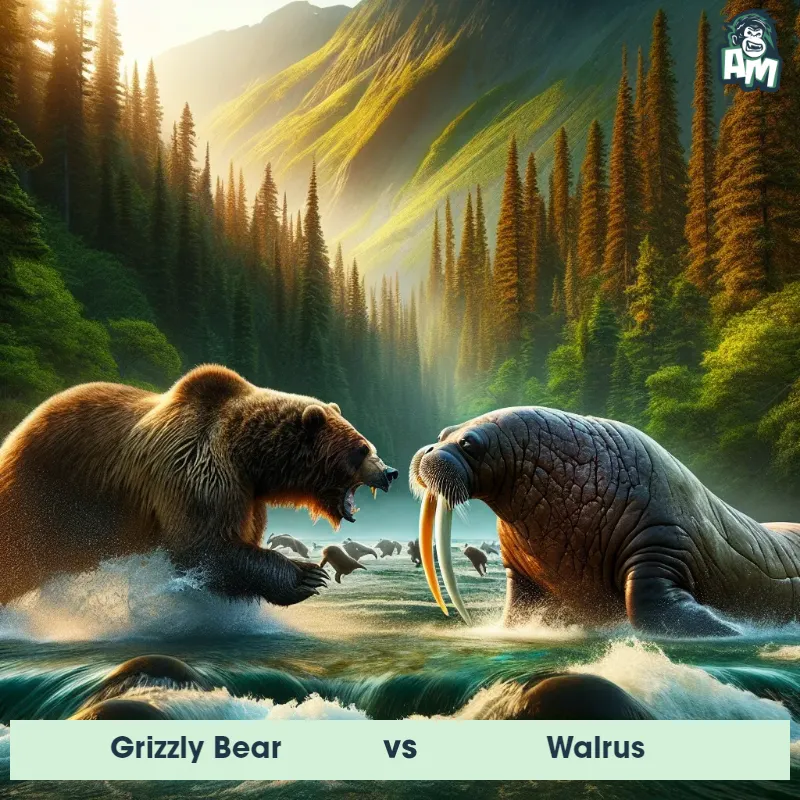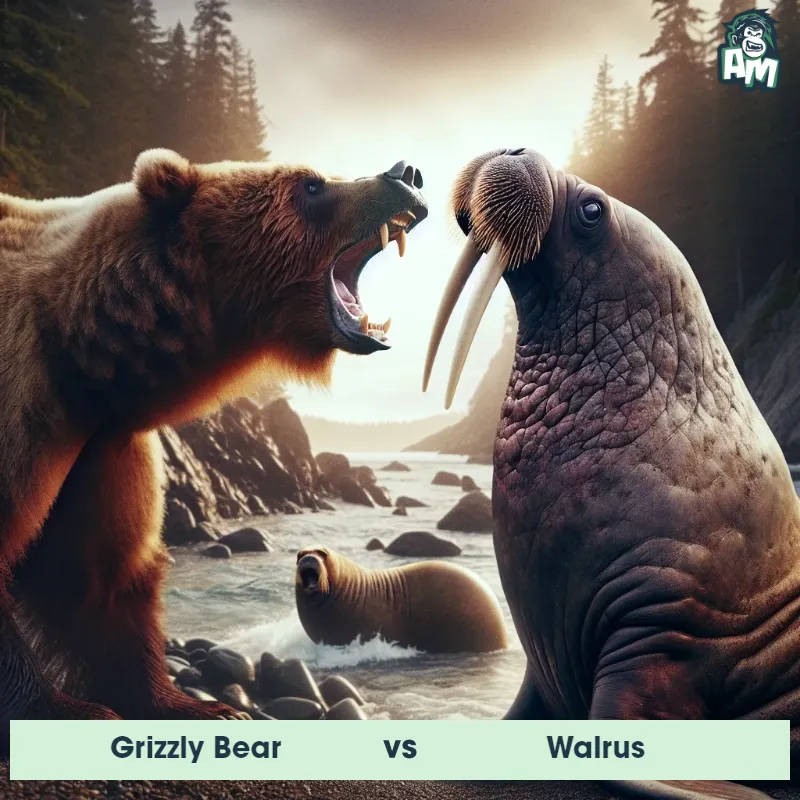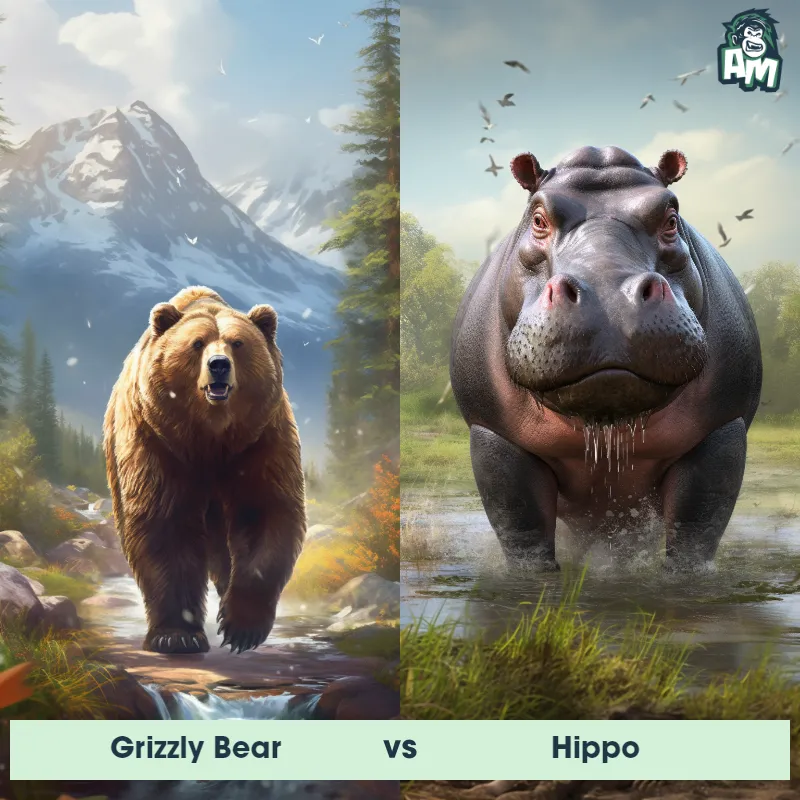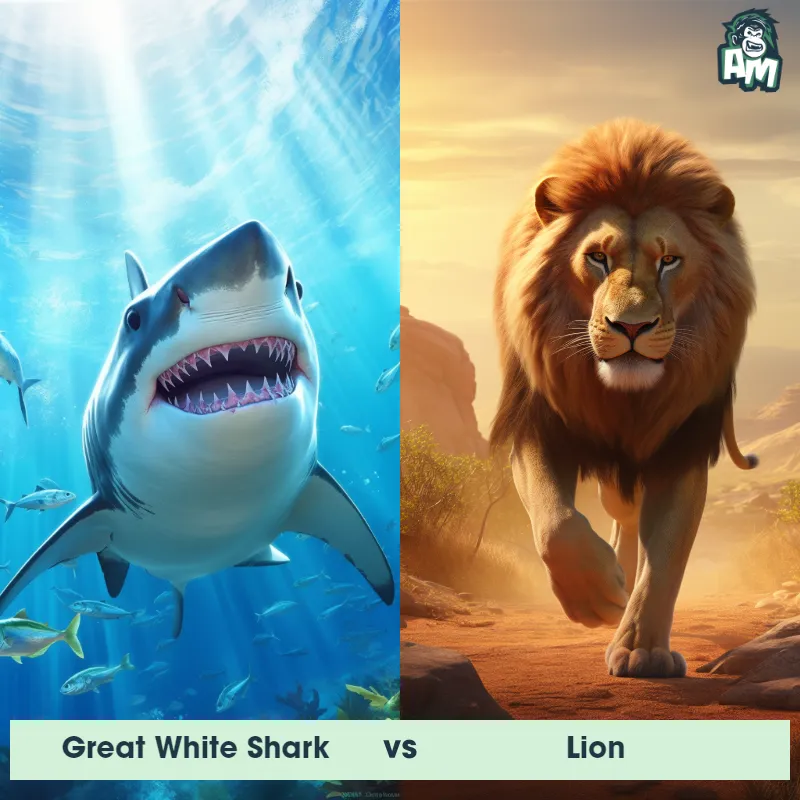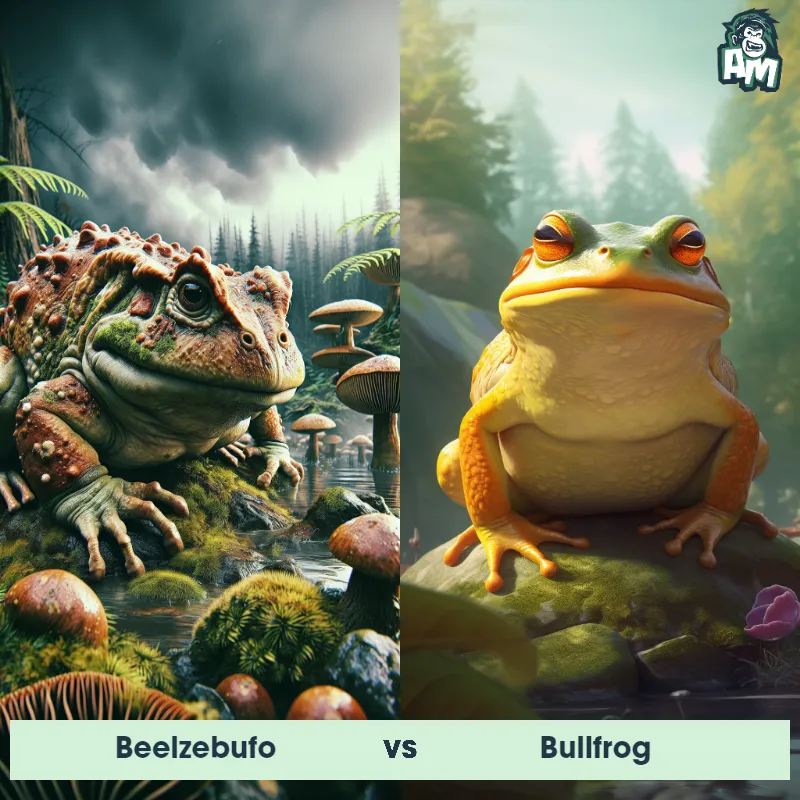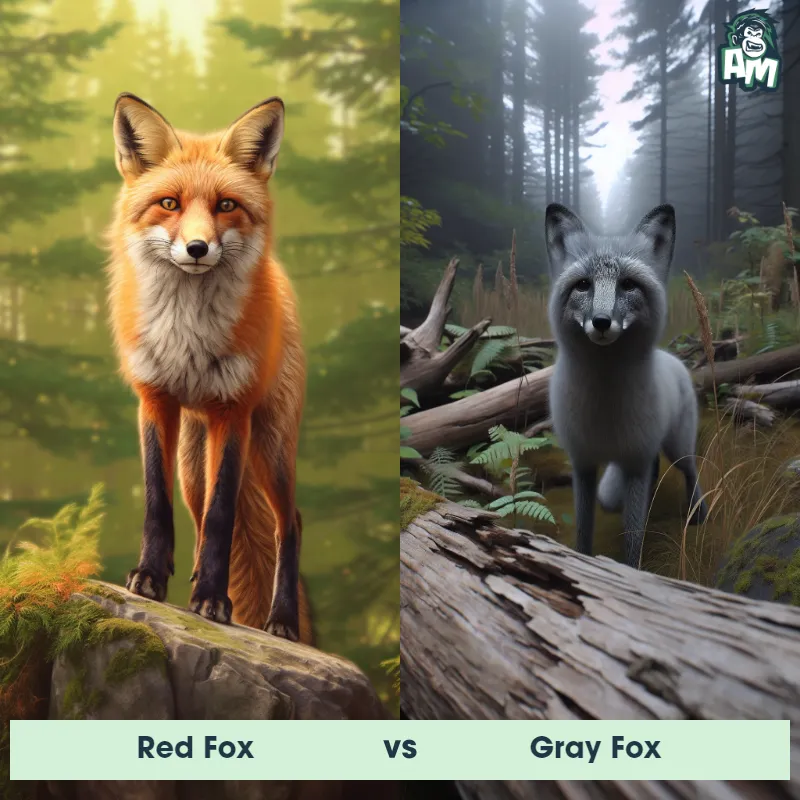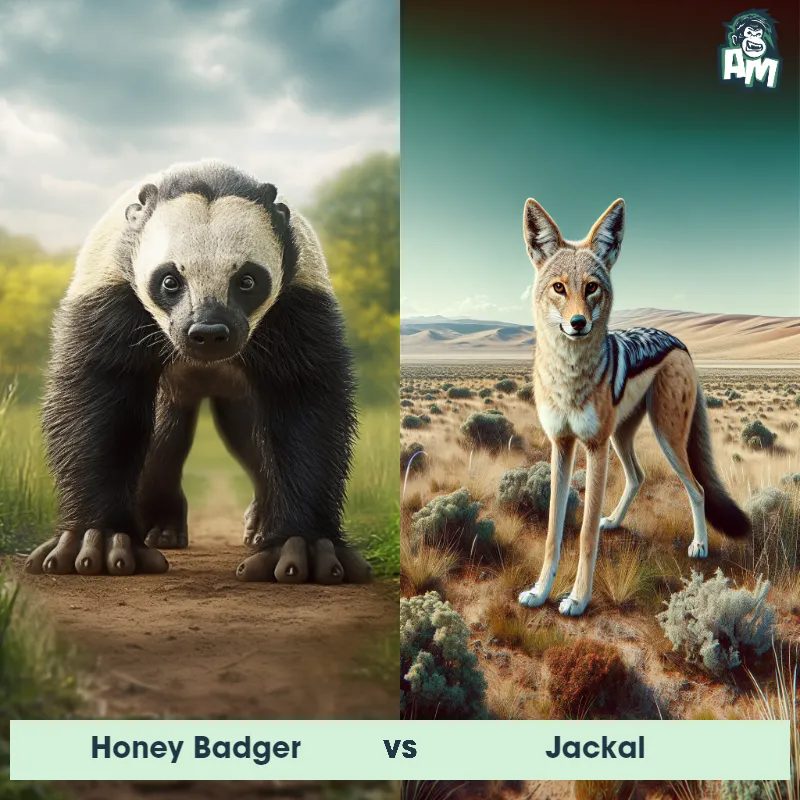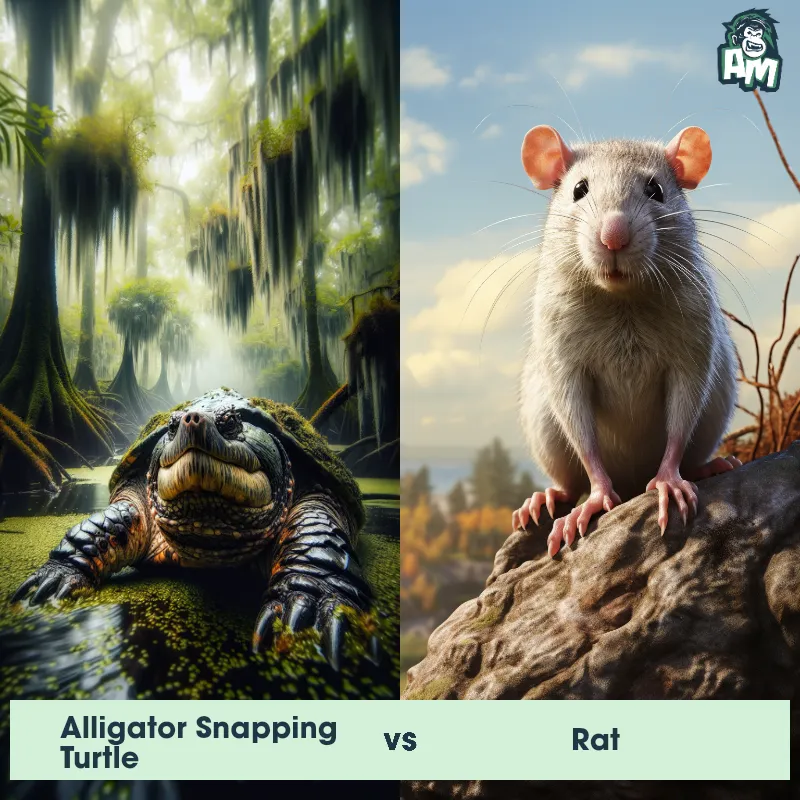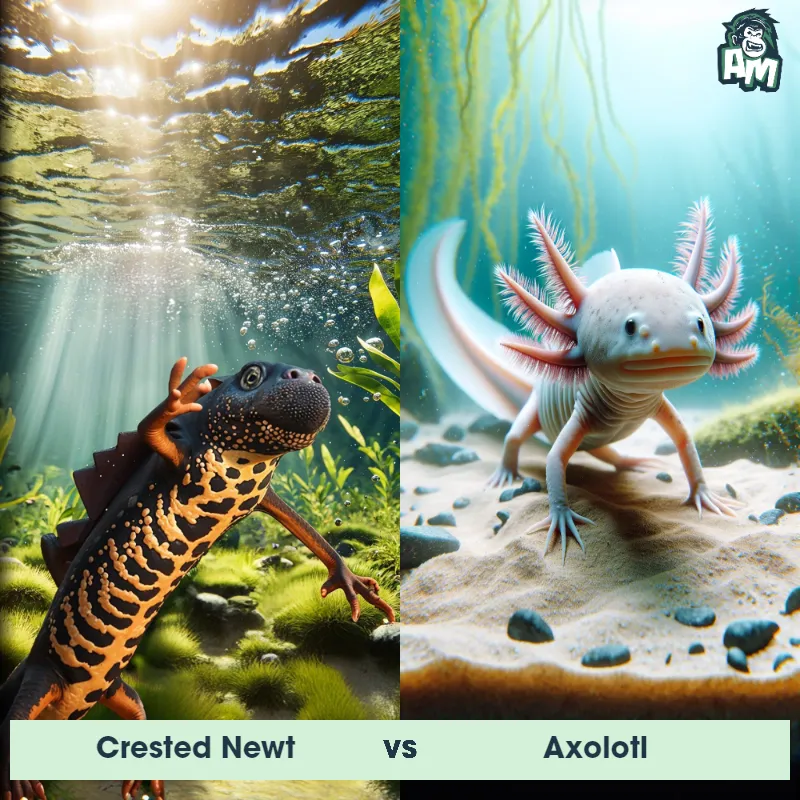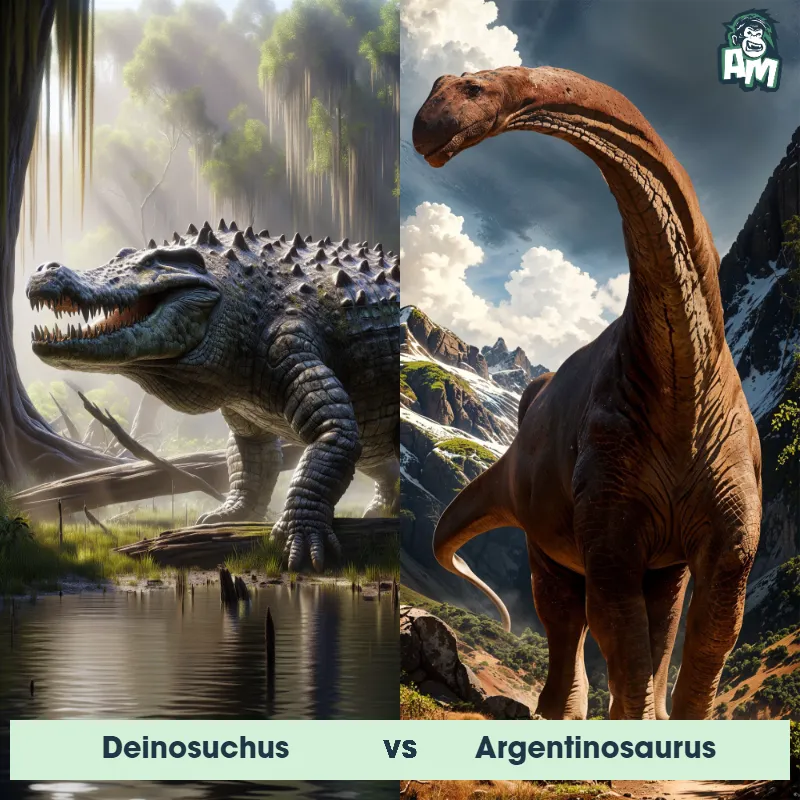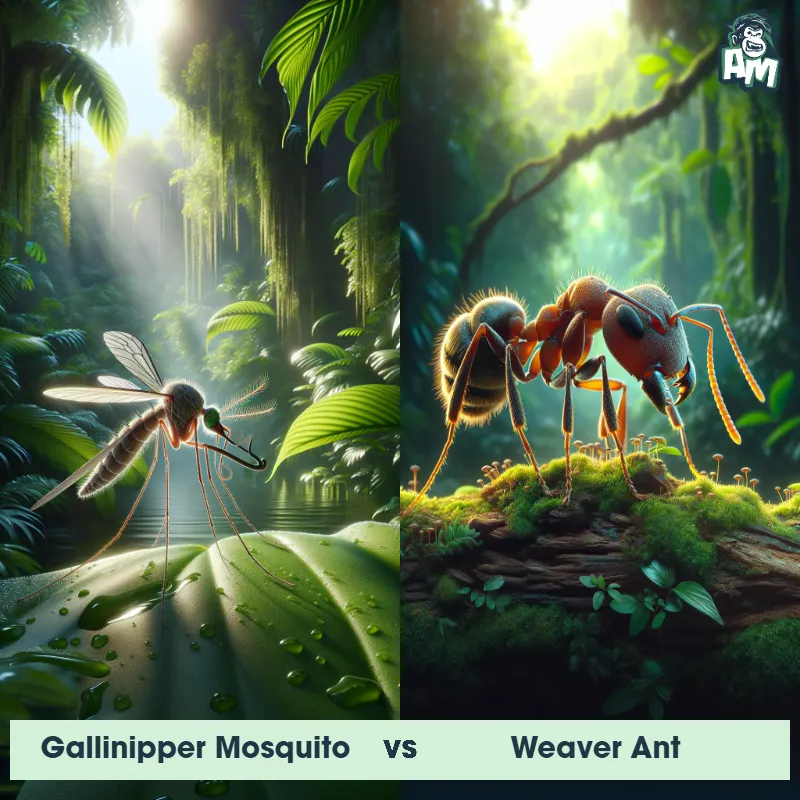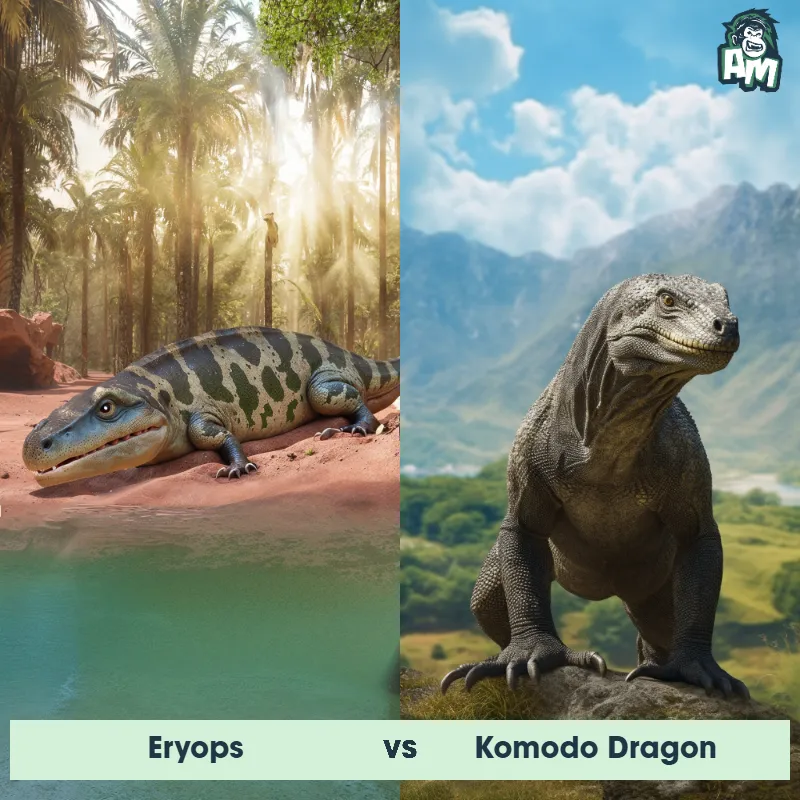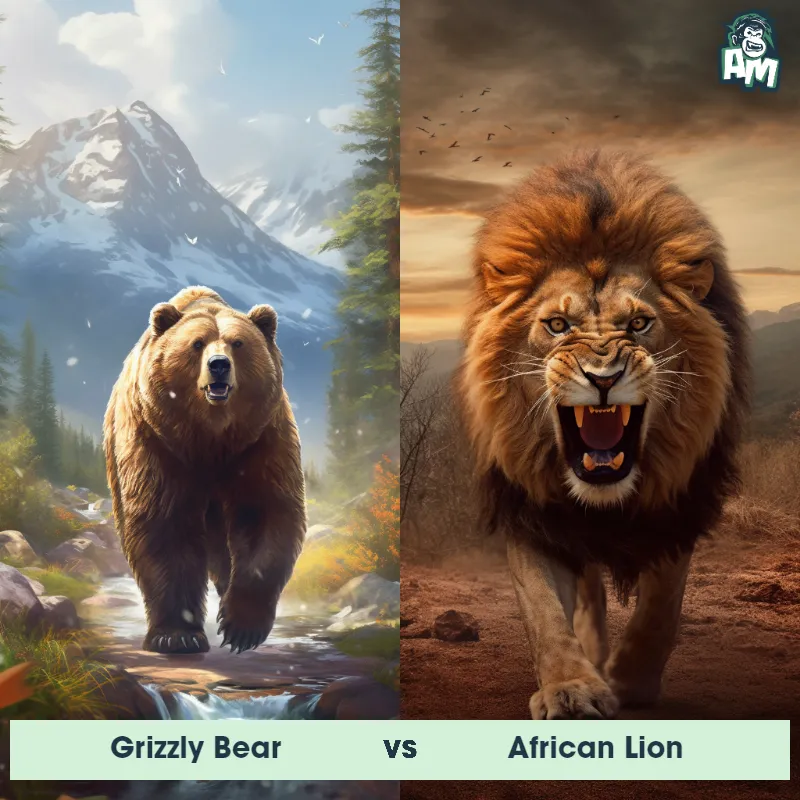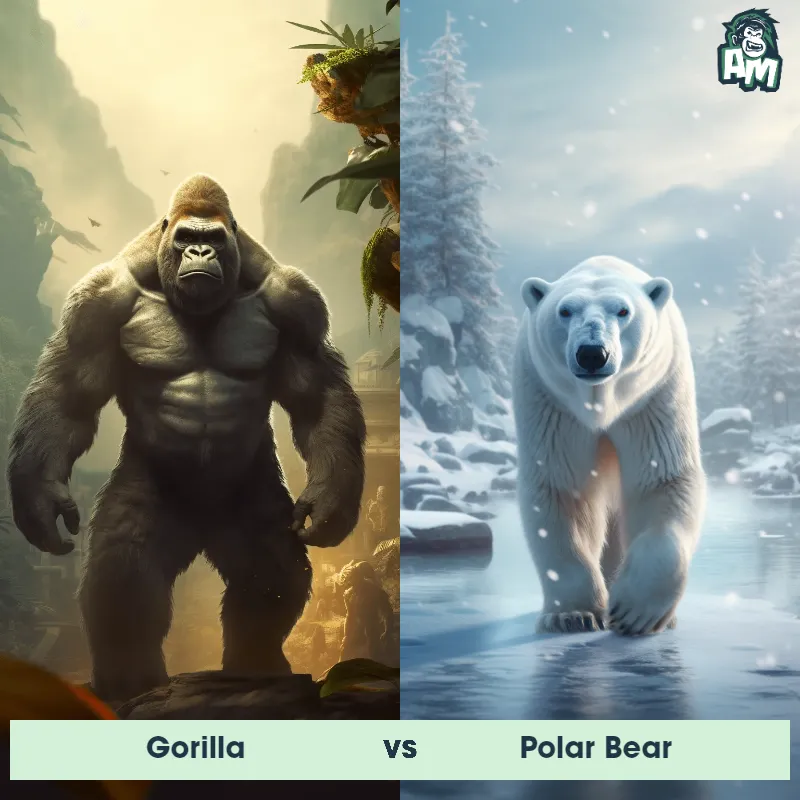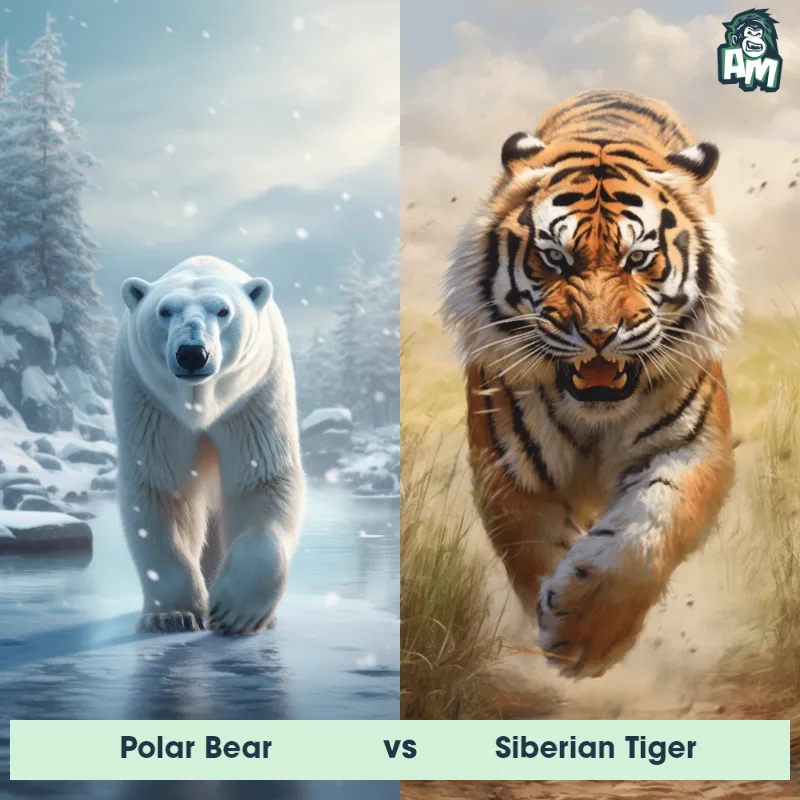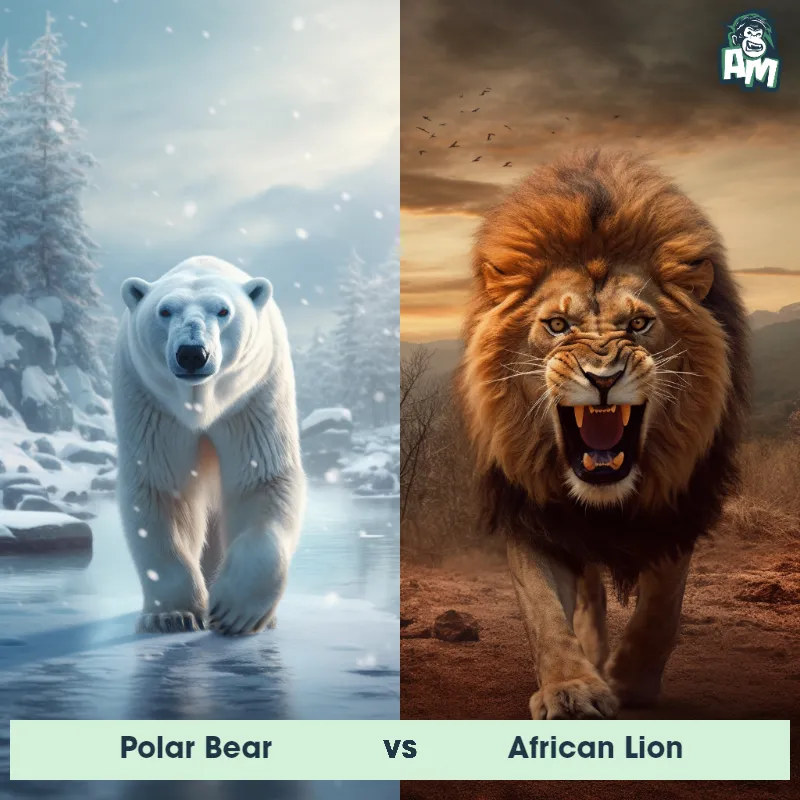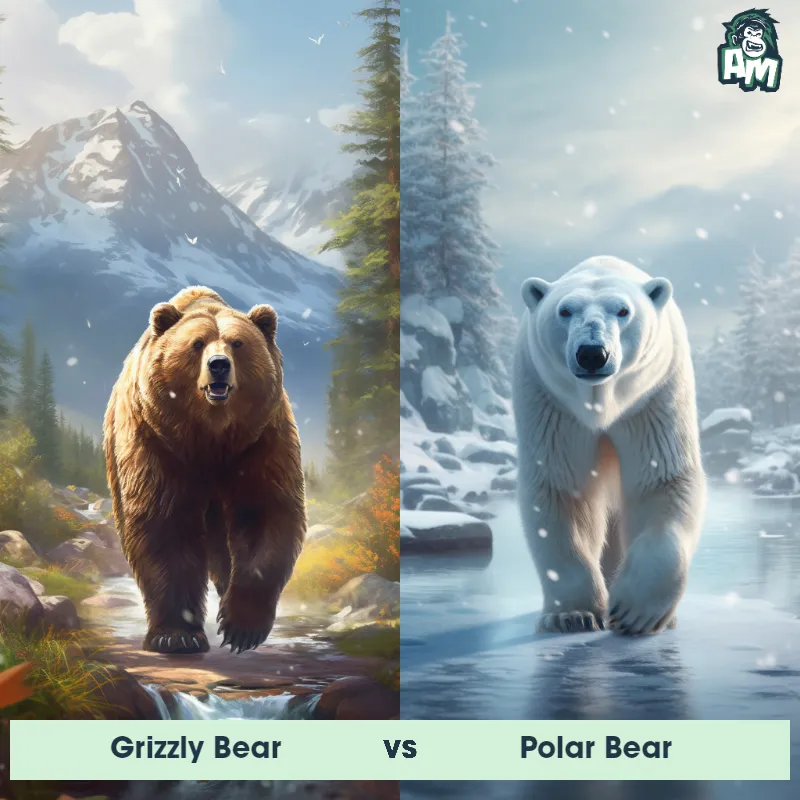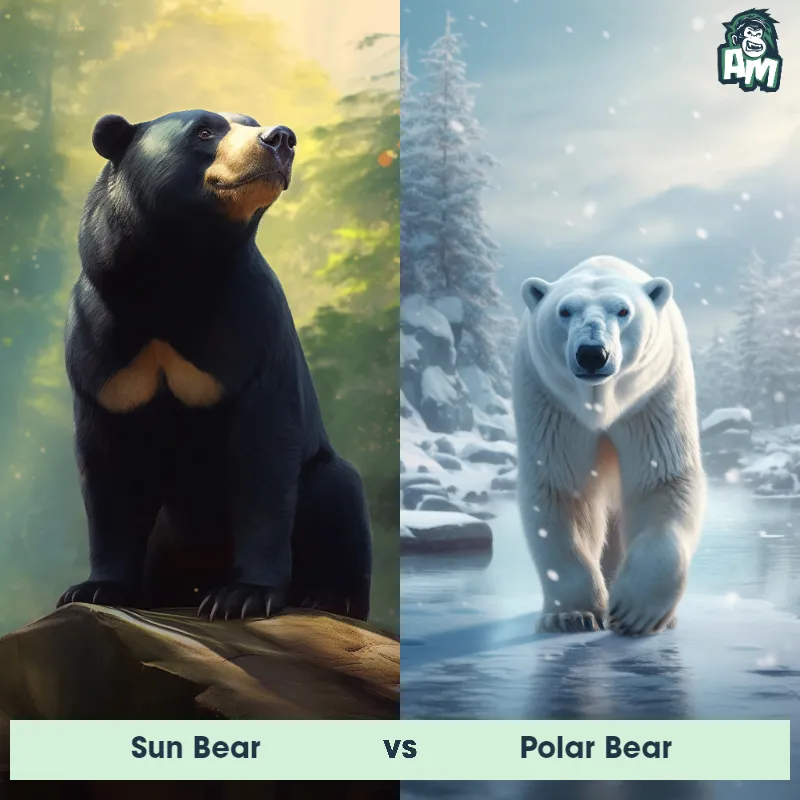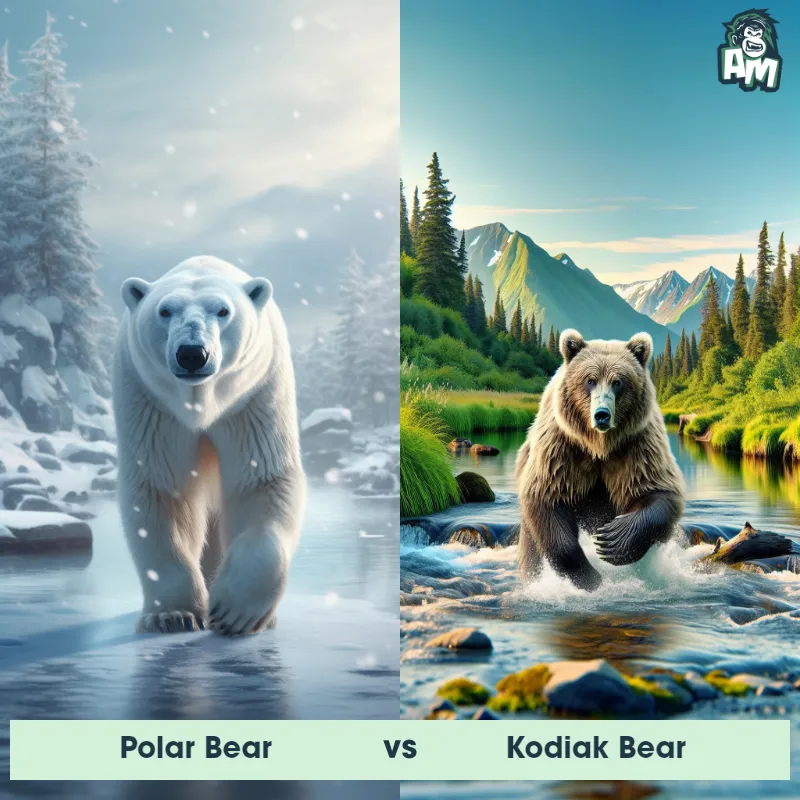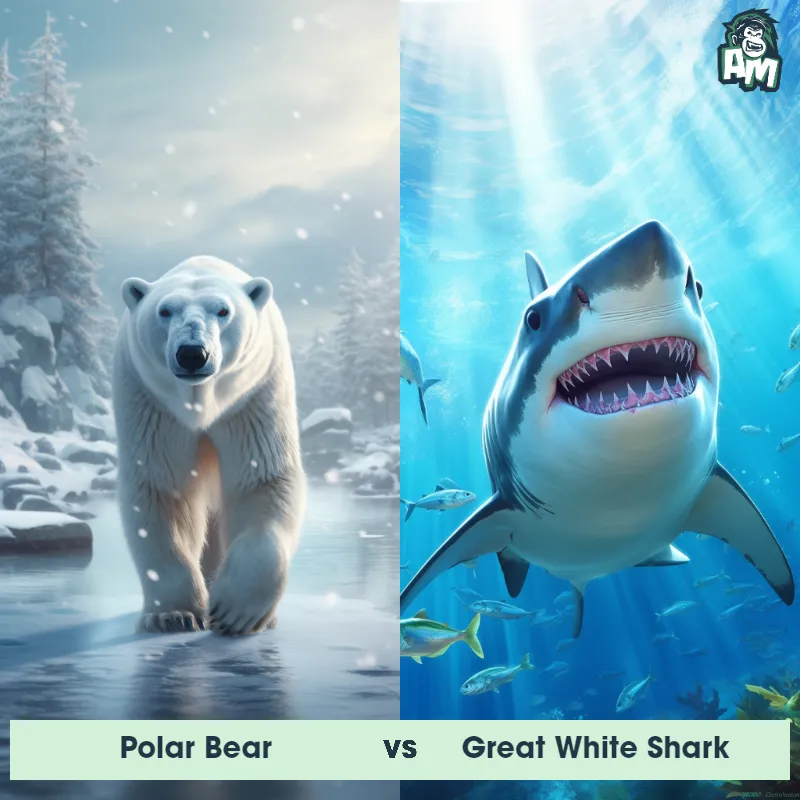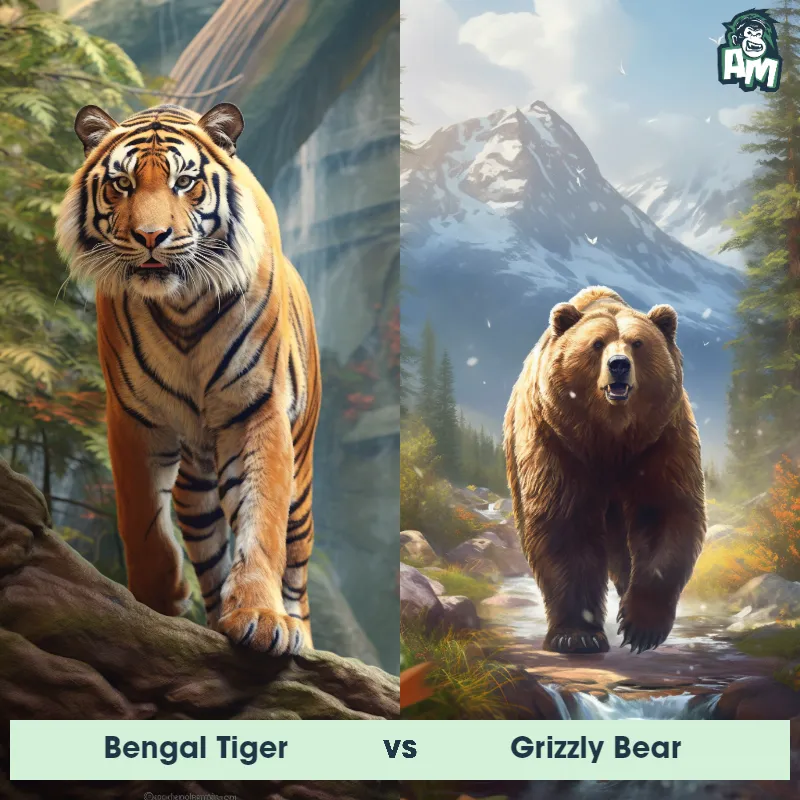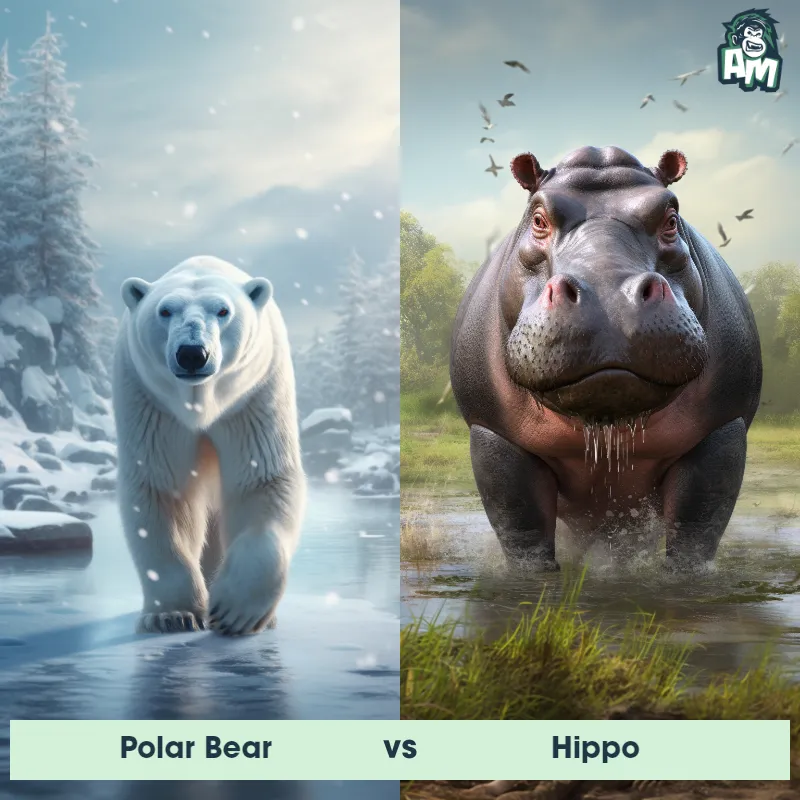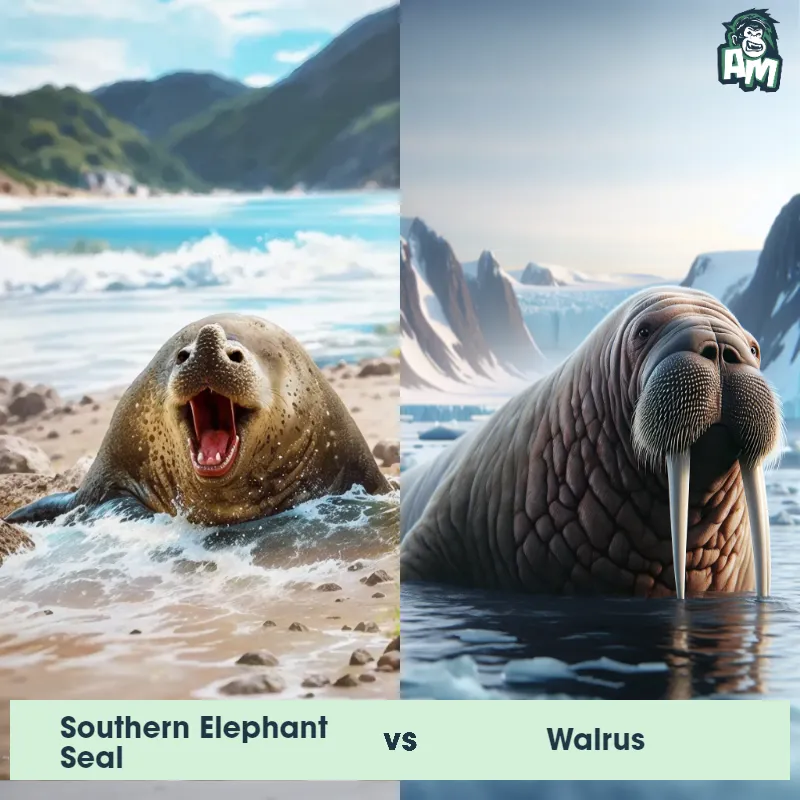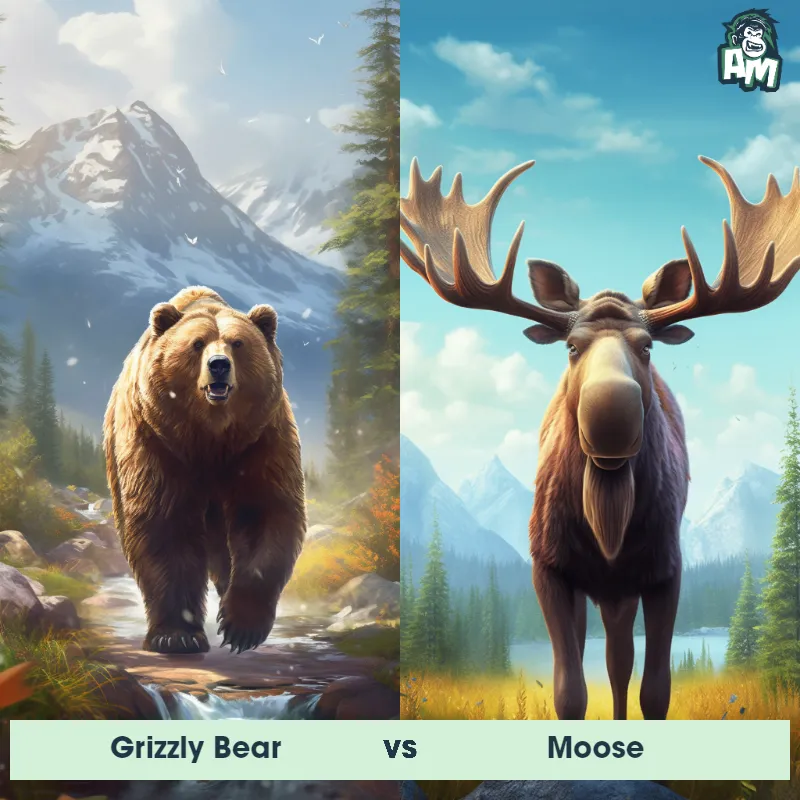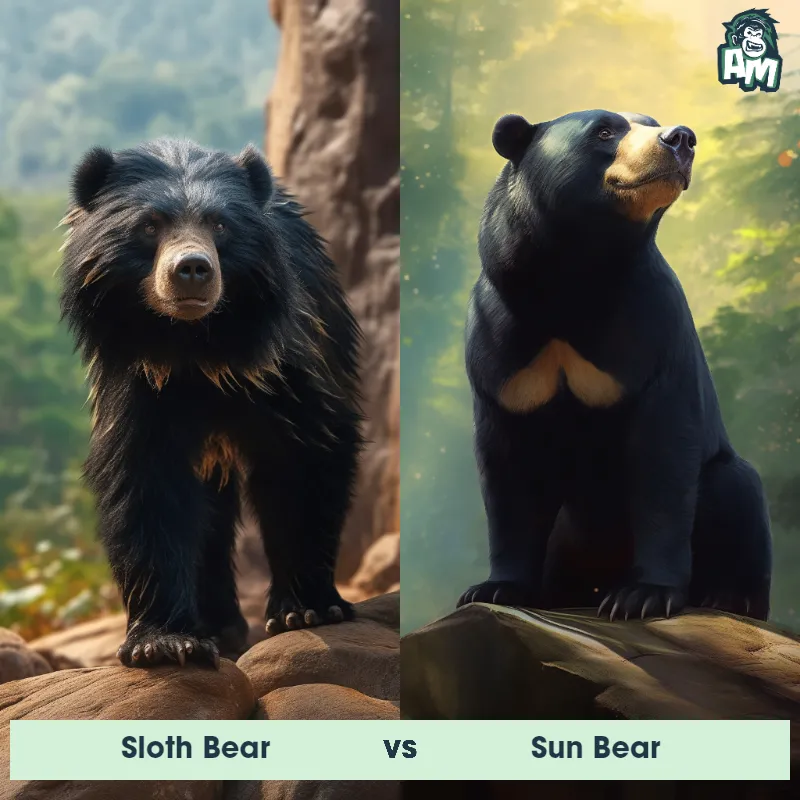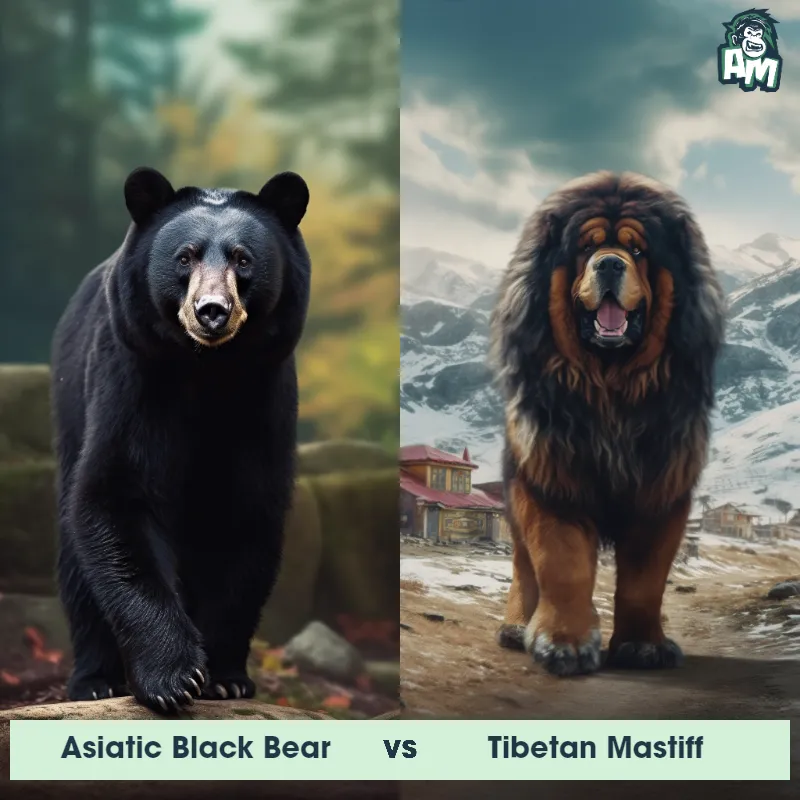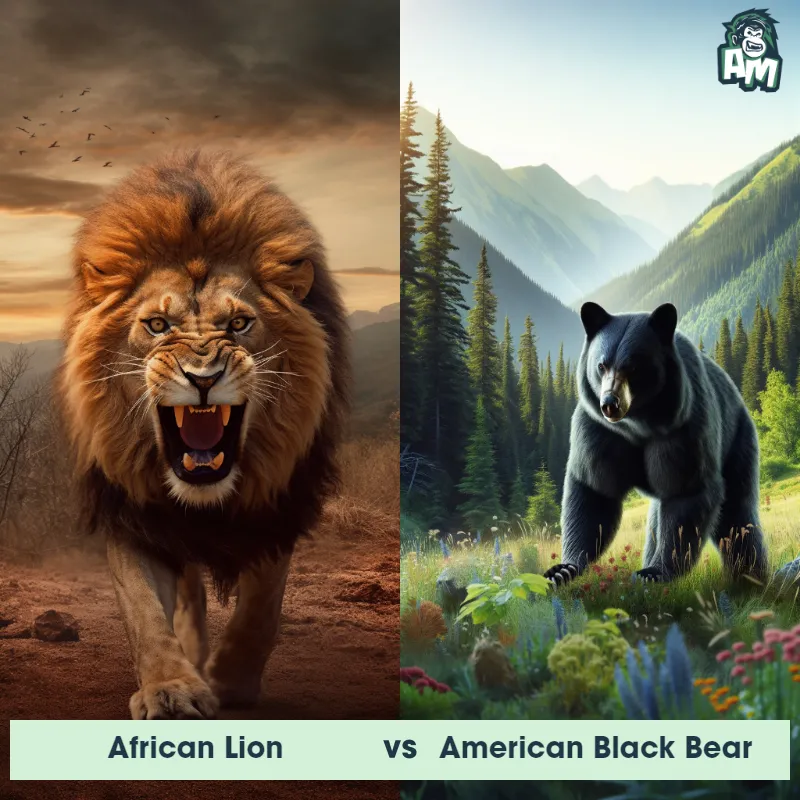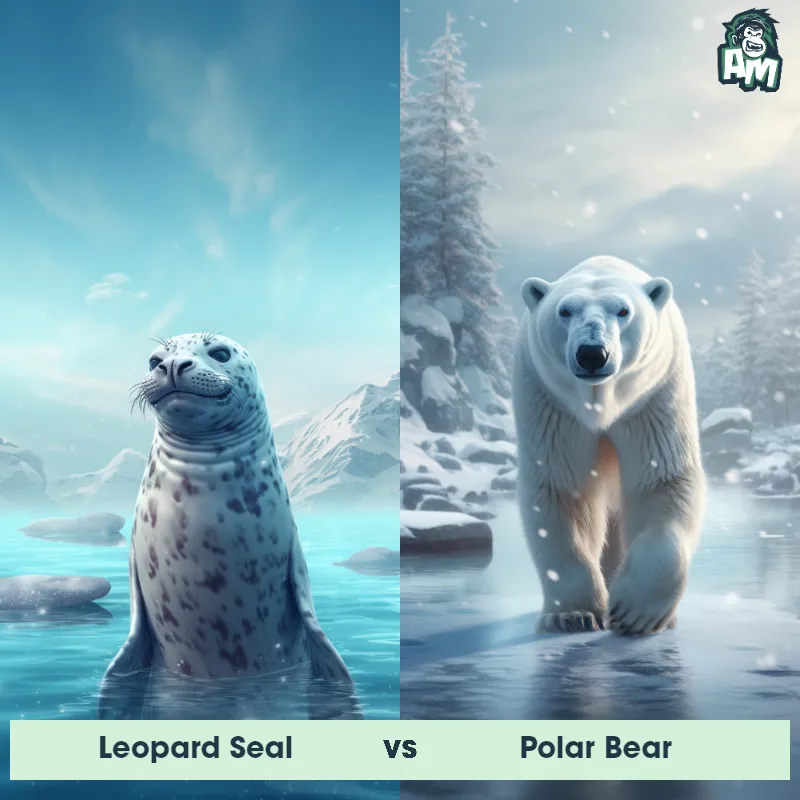Grizzly Bear vs WalrusSee Who Wins

Ladies and gentlemen, welcome to this epic clash of strength and agility in the animal kingdom! We have a riveting showdown between a massive Grizzly Bear and a formidable Walrus. Both of these creatures possess unique traits that make them fearsome opponents. The anticipation is palpable as we prepare for an unforgettable three-round battle!
Contender 1: Grizzly Bear
The Grizzly Bear, also known as the North American Brown Bear, is a large mammal that can weigh up to 600 pounds and stand up to 8 feet tall on its hind legs. They have distinctive humps on their shoulders, long claws, and a concave facial profile. Grizzly Bears are omnivores and can be found in North America, primarily in Alaska and western Canada.
![[object Object] Gif](https://tenor.com/view/fighting-match-quarrel-brawl-battle-gif-15965644.gif)
Fun Fact: Grizzly Bears have an incredible sense of smell and can detect food from miles away, making them excellent hunters and scavengers.
Contender 2: Walrus
The Walrus, also known as Odobenus rosmarus, is a large marine mammal that can be found in the Arctic Ocean and subarctic regions. They have a thick layer of blubber that helps them stay warm in cold waters, and their long tusks are used for defense, cutting through ice, and helping them climb onto ice floes. Walruses have a distinctive appearance with their wrinkled skin, whiskers, and flippers that are used for swimming and maneuvering on land.
Fun Fact: Walruses can hold their breath for up to 30 minutes while diving for food, which can include clams, mussels, and other shellfish.
Matchup Stats
| Grizzly Bear | Walrus | |
|---|---|---|
| Size | Up to 8 feet tall (2.4 meters) | Up to 11 feet (3.3 meters) in length |
| Weight | Up to 600 pounds (272 kilograms) | Up to 3,700 pounds (1,678 kilograms) |
| Speed | Speed: 30 mph (48.28 km/hr) | Speed: 15 mph (24 km/hr) |
| Key Strength | Powerful jaws and sharp claws | Tusks used for defense and dominance during mating season |
| Biggest Weakness | Slow movement and vulnerability to attacks from behind | Slow movement on land |
Current Votes
Grizzly Bear vs Walrus
See Who Wins
Match Highlights
View More Matches
Looking For More?
Similar Matches
Scientific Stats
| Grizzly Bear | Walrus | |
|---|---|---|
| Scientific Name | Ursus arctos horribilis | Odobenus rosmarus |
| Family | Ursidae | Odobenidae |
| Habitat | Forests, meadows, and mountains | Arctic Ocean and subarctic regions |
| Geography | North America, primarily in Alaska and western Canada | Northern Hemisphere |
| Diet | Omnivorous, eats berries, roots, fish, small mammals, and carrion | Clams, mussels, and other shellfish |
| Lifespan | 20 years - 25 years | 40 years - 50 years |
Key Differences between Grizzly Bear and Walrus
- Coat: Grizzly Bears have a dense and shaggy, brown or golden-colored fur coat that varies in length and thickness depending on the season, while the Walrus has a thick wrinkled, hairless skin with a pinkish or grayish color.
- Size: The Grizzly Bear is significantly larger than the Walrus, with adult males weighing between 400-790 kg (880-1,750 lb) compared to the Walrus males weighing between 907-1,700 kg (2,000-3,750 lb).
- Habitat: Grizzly Bears are primarily terrestrial animals, found in various habitats such as forests, tundra, and mountains, whereas Walruses are marine mammals, inhabiting the Arctic and sub-Arctic regions where they spend most of their time in coastal, shallow waters and on sea ice.
- Appendages: Grizzly Bears have large, sharp claws on their forelimbs (up to 10 cm or 4 in long), which they use for digging, climbing, and catching prey, whereas Walruses have long, ivory tusks (up to 1 m or 3.3 ft) that are used for various behaviors, including defense, breaking ice, and helping them haul themselves out of the water.
- Body Shape: The Grizzly Bear possesses a stocky and muscular body with relatively short limbs, while the Walrus has a large and elongated body with flipper-like forelimbs and a thick, robust torso.
- Head Shape: Grizzly Bears have a broad, rounded head with prominent ears, a concave facial profile, and a distinct hump of muscle on their shoulders, whereas Walruses have a bulky head with prominent tusks, small eyes, and a broad muzzle.



